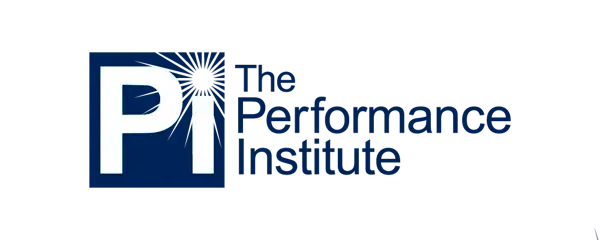Measuring government performance is one of the biggest challenges various agencies have to face during auditing. This makes it difficult for senior managers and public sector heads to pinpoint areas that need improvements.
At the same time, these failures create a leeway for fraud, mismanagement of public money, lack of coordination between government agencies, and poor service delivery. In the end, the public becomes disenfranchised by the lack of quality services coming their way.
Today we discuss six factors for improving government performance. We also highlight how senior managers can make use of these drivers to create Class-A civil servants, for enhanced efficiency, performance and service delivery in government agencies.
What is Government Performance?
Government performance is the measure of how well or bad various government agencies carry out their mandate to achieve set goals and objectives.
Regrettably, many governmental institutions across the world fail terribly as far as delivering on their mandate is concerned. This is because the people responsible for measuring government performance do not have the slightest idea of what metrics to assess.
Performance metrics come in different forms and vary considerably in the public sector. With proper training from an accredited institution, heads of various agencies can establish the appropriate performance metrics to evaluate.
What are the Six Factors for Improving Government Performance?
1.Transparency
Transparency in government refers to the principle of sharing information openly with the public and other relevant agencies. Increasing inter-agency transparency is a great strategy for improving government performance.
Various institutions, agencies and departments can now share crucial information required to disseminate performance data. By allowing unrestricted access to this data, leaders in the public sector can get more serious about improving performance and work toward creating the appropriate action plans to meet set goals.
2. Accountability
Accountability and transparency are almost synonymous. While transparency is about disclosure and being open, accountability is all about taking responsibility for your actions.
Creating a healthy system of accountability can help improve government performance in the long-term. Accountability tends to create a sense of competence and ownership, which can go a long way to boost employee morale and commitment.
3. Capacity Building
Governance and capacity building go hand in hand. Capacity building refers to the processes institutions apply to develop and strengthen their knowledge and skills to perform their jobs competently and thrive in various disciplines. To improve government performance, one needs to create sustainable institutions by increasing capacity building.
The government can increase building capacity through:
- Assessing capacity needs
- Formulating capacity development response
- Conducting training need assessment
- Engaging stakeholders
4. Incentives
Availing incentive opportunities and reward systems for government workers as well as contractors can help boost performance incredibly. If you give employees various incentives for good performance, they are more likely to work their socks off as they strive to maintain the high levels of productivity and service delivery.
5. Technology
We are living in an era where technology has a big say on performance. Various technological tools and applications have made it easier for government workers to execute previously complex tasks quickly and efficiently. This goes a long way to prevent wastage of resources and improve public sector performance.
6. Political Goodwill
Political goodwill is vital as most governmental agencies, particularly in developing countries, often work at the behest of the executive. The political leadership needs to collaborate with all stakeholders in the various agencies to overcome inherent obstacles and guarantee a suitable work environment for all.
Browse Through Our Government Performance Courses
The Performance Institute offers various management courses that focus on improving efficiency and government performance. We have trained over 7,000 government employees, including departmental heads, strategic managers, and top decision-makers, in performance measures and management.
To learn more about our advanced government performance management courses, visit our website or fill out our contact form. Our friendly, multilingual team will be at hand to answer all your queries.











.jpg?height=500&name=man-showing-distress-3777572%20(1).jpg)


